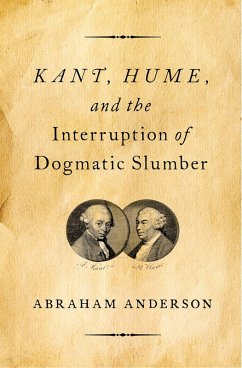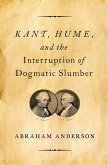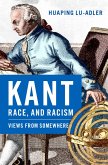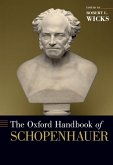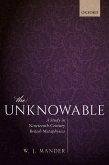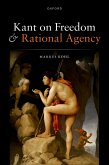Kant once famously declared in the Prolegomena that "it was the objection of David Hume that first, many years ago, interrupted my dogmatic slumber." Abraham Anderson here offers an interpretation of this utterance, arguing that Hume roused Kant not (as has often been thought) by challenging the principle that "every event has a cause" which governs experience, but rather by attacking the principle of sufficient reason, the basis of both rationalist metaphysics and the cosmological proof of the existence of God. This suggestion, Anderson proposes, allows us to reconcile Kant's declaration with his later assertion that it was the Antinomy of pure reason - the clash of opposing theses - that first woke him from dogmatic slumber. For the Antinomy suspends the dogmatic principle of sufficient reason; in doing so, Anderson proposes, it is extending Hume's attack on that principle. This reading of Kant also explains why Kant speaks of "the objection of David Hume" after mentioning Hume's attack on metaphysics. The "objection" that Kant has in mind, Anderson argues, is a challenge to metaphysics, rather than to the foundations of empirical knowledge. Consequently, Anderson's analysis issues a new view of Hume himself-as primarily interested, not in the foundations of experience, but in the problem of metaphysics and theology. It thereby positions Kant and Hume as champions of the Enlightenment in its struggle with superstition. Shedding new light on the connection between two of the most influential figures in the history of philosophy, this volume will appeal not only to scholars of Kant, Hume, and early modern philosophy, but to philosophers and students interested in the history of philosophy and metaphysics generally.
Dieser Download kann aus rechtlichen Gründen nur mit Rechnungsadresse in A, B, BG, CY, CZ, D, DK, EW, E, FIN, F, GR, HR, H, IRL, I, LT, L, LR, M, NL, PL, P, R, S, SLO, SK ausgeliefert werden.

